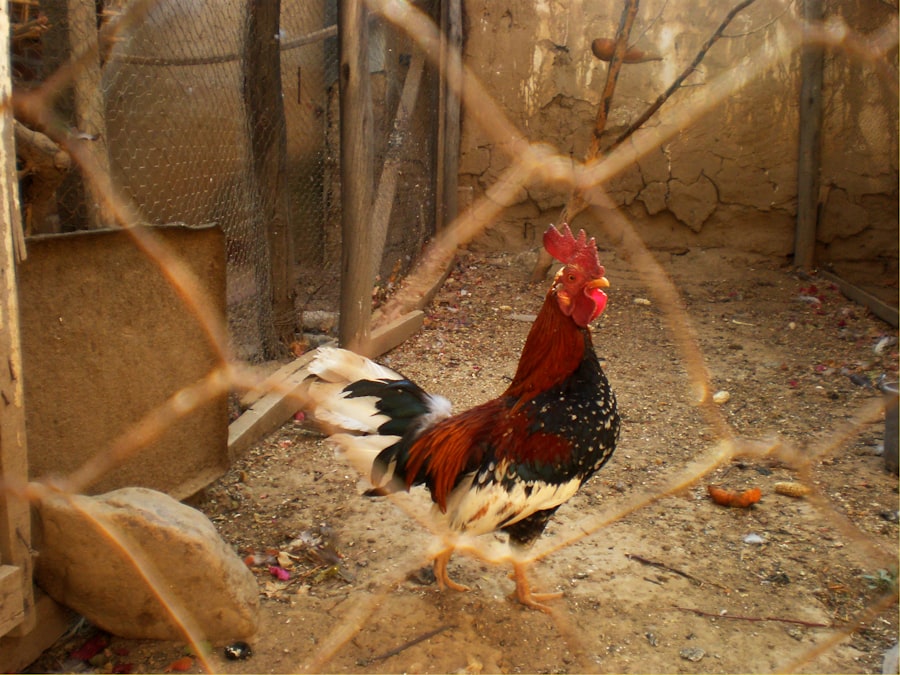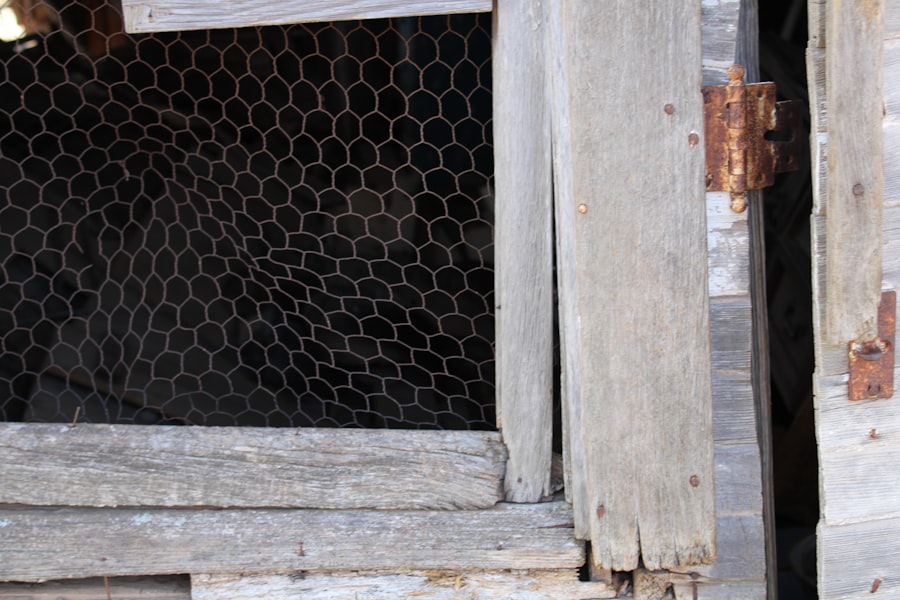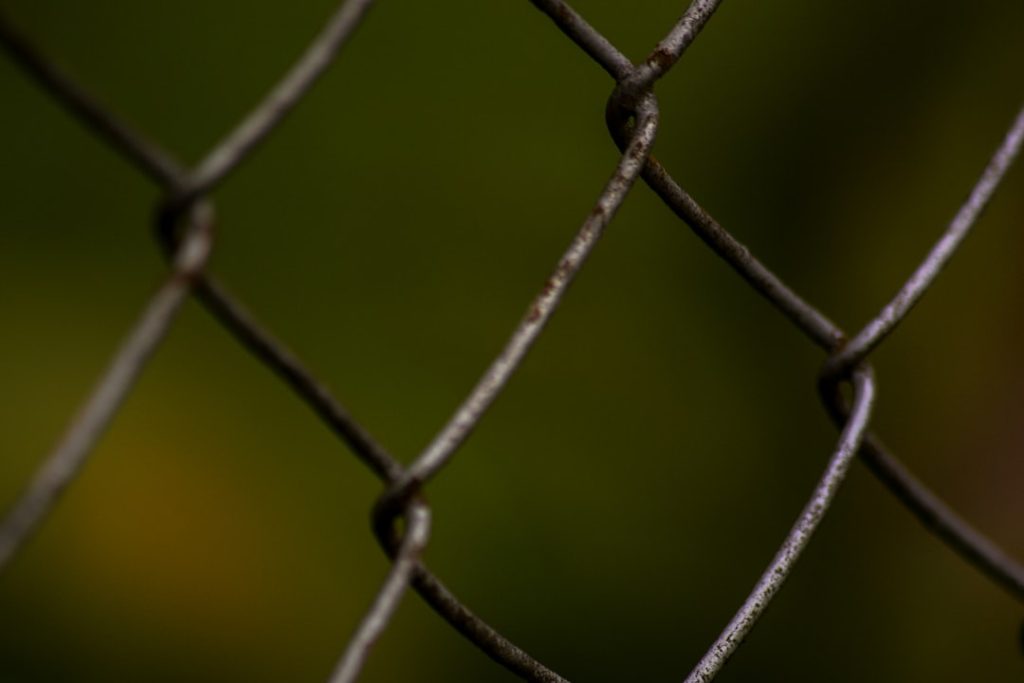Chickens are naturally curious and inquisitive animals that explore their surroundings and peck at objects of interest. As opportunistic feeders, they consume a wide variety of items they perceive as food. This behavior can result in garden damage as chickens scratch and peck at plants, flowers, and vegetables.
Understanding chicken behavior is essential for developing effective strategies to protect gardens from potential harm. Chickens are social creatures that thrive in flocks and possess a strong foraging instinct. They actively search for insects, worms, and other small organisms in the soil, which can inadvertently damage plant roots.
Chickens are also attracted to bright colors and shiny objects, making certain plants and flowers particularly appealing to them. By recognizing these natural behaviors, gardeners can implement proactive measures to create a garden that accommodates chickens while safeguarding their plants from potential damage.
Table of Contents
- 1 Creating a chicken-friendly garden
- 2 Using barriers and deterrents
- 3 Providing alternative sources of food
- 4 Training and supervision
- 5 Utilizing natural repellents
- 6 Seeking professional advice
- 7 FAQs
- 7.1 What are some natural ways to keep chickens from eating plants?
- 7.2 What are some chicken-resistant plants that can be grown in a garden?
- 7.3 How can I protect my vegetable garden from chickens?
- 7.4 What are some common reasons why chickens eat plants?
- 7.5 Are there any plants that are toxic to chickens?
Key Takeaways
- Chickens are social animals and have natural behaviors such as scratching, dust bathing, and foraging.
- A chicken-friendly garden should include areas for dust bathing, access to fresh water, and protection from predators.
- Barriers such as fences and deterrents like motion-activated sprinklers can help keep chickens out of unwanted areas.
- Providing alternative sources of food such as mealworms and greens can help deter chickens from damaging garden plants.
- Training and supervision can help teach chickens where they are allowed to go and what behaviors are acceptable.
- Natural repellents such as citrus peels and garlic can be used to deter chickens from specific areas.
- Seeking professional advice from a veterinarian or animal behaviorist can provide personalized solutions for managing chicken behavior.
Creating a chicken-friendly garden
Designating Chicken Areas
Creating a chicken-friendly garden involves finding a balance between providing a space for chickens to roam and forage while also protecting the plants and vegetables in the garden. One effective way to achieve this is by designating specific areas for the chickens to roam freely while using barriers and deterrents to keep them away from sensitive areas. This can be done by using fencing or netting to create a designated chicken area within the garden, allowing them to forage without causing damage to the rest of the garden.
Providing Alternative Food Sources
Another important aspect of creating a chicken-friendly garden is to provide alternative sources of food for the chickens. By offering a variety of grains, seeds, and insects in a designated feeding area, chickens are less likely to forage for food in the garden. Additionally, providing ample space for the chickens to roam and explore can help satisfy their natural instincts without causing damage to the garden.
Coexisting with Chickens
By creating a chicken-friendly environment, gardeners can coexist with their feathered friends while also protecting their plants and vegetables. This approach allows gardeners to enjoy the benefits of having chickens in the garden, such as pest control and fertilizer, while minimizing the potential damage they can cause.
Using barriers and deterrents

Using barriers and deterrents is an effective way to keep chickens away from sensitive areas in the garden. This can be achieved by using physical barriers such as fencing or netting to create a boundary between the chicken-friendly area and the rest of the garden. Additionally, using deterrents such as motion-activated sprinklers or noise-making devices can help discourage chickens from venturing into areas where they are not welcome.
Another effective deterrent is the use of natural repellents such as citrus peels, garlic, or hot pepper spray. These scents are known to be unappealing to chickens and can help keep them away from sensitive areas in the garden. By using a combination of physical barriers and natural deterrents, gardeners can effectively protect their plants and vegetables from potential damage caused by chickens.
Providing alternative sources of food
Providing alternative sources of food for chickens is an important aspect of creating a chicken-friendly garden. By offering a variety of grains, seeds, and insects in a designated feeding area, chickens are less likely to forage for food in the garden. This can help satisfy their natural instincts while also reducing the likelihood of them causing damage to plants and vegetables.
In addition to providing alternative sources of food, it is also important to ensure that chickens have access to fresh water at all times. This can help keep them hydrated and reduce their need to search for water sources in the garden. By providing ample food and water for the chickens, gardeners can help satisfy their natural instincts while also protecting their plants and vegetables from potential damage.
Training and supervision
Training and supervision are important aspects of managing chickens in the garden. By spending time with the chickens and establishing a routine, gardeners can help train them to stay within designated areas and away from sensitive plants and vegetables. This can be achieved by using positive reinforcement techniques such as offering treats or praise when the chickens stay within their designated area.
Supervision is also crucial in managing chickens in the garden, especially during times when they may be more likely to cause damage, such as during feeding or foraging. By keeping an eye on the chickens and redirecting them away from sensitive areas when necessary, gardeners can help prevent potential damage to their plants and vegetables. By providing training and supervision, gardeners can effectively manage their chickens while also protecting their garden.
Utilizing natural repellents

Natural Deterrents
Natural repellents such as citrus peels, garlic, or hot pepper spray are known to be unappealing to chickens and can help deter them from causing damage to plants and vegetables. These scents can be strategically placed around sensitive areas in the garden to create a barrier that chickens are less likely to cross.
Predator Decoys and Sound Devices
Another natural repellent that can be effective in deterring chickens is the use of predator decoys or sound devices. By creating the illusion of a predator presence, chickens may be less likely to venture into areas where they feel threatened. Additionally, using sound devices that emit loud noises or sudden movements can startle chickens and discourage them from causing damage in the garden.
Effective Protection
By utilizing natural repellents, gardeners can effectively protect their plants and vegetables from potential damage caused by chickens.
Seeking professional advice
In some cases, seeking professional advice may be necessary to effectively manage chickens in the garden. Professional animal behaviorists or poultry experts can provide valuable insights and recommendations for managing chickens in a way that is both effective and humane. They can offer guidance on creating a chicken-friendly environment, implementing effective deterrents, and training techniques that can help prevent damage to plants and vegetables.
Additionally, professional advice may be necessary if there are specific challenges or concerns related to managing chickens in the garden. This could include issues such as aggressive behavior, excessive foraging, or health-related concerns that require expert intervention. By seeking professional advice, gardeners can gain valuable knowledge and support in managing their chickens while also protecting their garden.
In conclusion, understanding the behavior of chickens is crucial in finding effective ways to prevent them from causing damage in the garden. By creating a chicken-friendly environment, using barriers and deterrents, providing alternative sources of food, offering training and supervision, utilizing natural repellents, and seeking professional advice when necessary, gardeners can effectively manage their chickens while also protecting their plants and vegetables. With careful planning and proactive measures, it is possible to coexist with chickens in the garden while maintaining a beautiful and thriving outdoor space.
If you’re looking for tips on how to keep chickens from eating your plants, you might also be interested in learning about what to feed ducks. Poultry Wizard has a helpful article on what you should feed ducks to keep them healthy and happy. Understanding the dietary needs of different poultry can help you create a balanced and harmonious environment for all your feathered friends.
FAQs
What are some natural ways to keep chickens from eating plants?
Some natural ways to keep chickens from eating plants include using physical barriers such as fences or netting, planting chicken-resistant plants, providing alternative sources of food and entertainment for the chickens, and using natural deterrents such as citrus peels or hot pepper spray.
What are some chicken-resistant plants that can be grown in a garden?
Some chicken-resistant plants that can be grown in a garden include lavender, rosemary, marigolds, sunflowers, and ornamental grasses. These plants have strong scents, prickly leaves, or unpalatable tastes that can deter chickens from eating them.
How can I protect my vegetable garden from chickens?
To protect a vegetable garden from chickens, you can use physical barriers such as chicken wire or netting, plant chicken-resistant vegetables and herbs, provide alternative sources of food for the chickens, and use natural deterrents such as garlic or vinegar spray.
What are some common reasons why chickens eat plants?
Chickens may eat plants due to boredom, lack of proper nutrition, or simply out of curiosity. Providing a balanced diet, plenty of space to roam, and enrichment activities can help reduce the likelihood of chickens eating plants.
Are there any plants that are toxic to chickens?
Yes, there are several plants that are toxic to chickens, including azaleas, rhododendrons, foxglove, nightshade, and lilies. It’s important to research and avoid planting toxic plants in areas where chickens have access.
Meet Walter, the feathered-friend fanatic of Florida! Nestled in the sunshine state, Walter struts through life with his feathered companions, clucking his way to happiness. With a coop that’s fancier than a five-star hotel, he’s the Don Juan of the chicken world. When he’s not teaching his hens to do the cha-cha, you’ll find him in a heated debate with his prized rooster, Sir Clucks-a-Lot. Walter’s poultry passion is no yolk; he’s the sunny-side-up guy you never knew you needed in your flock of friends!







